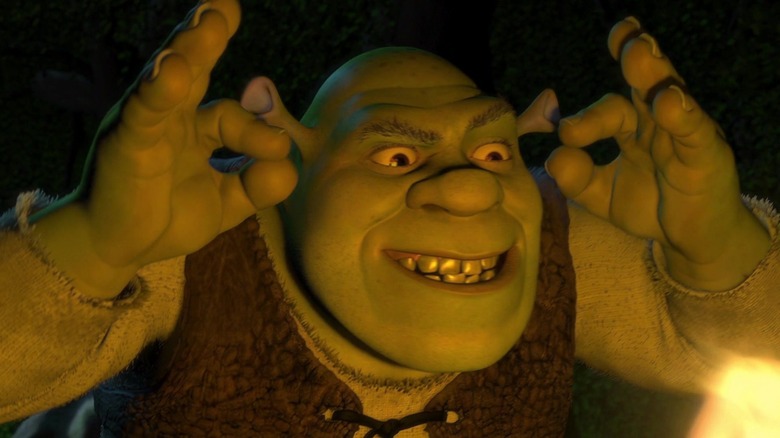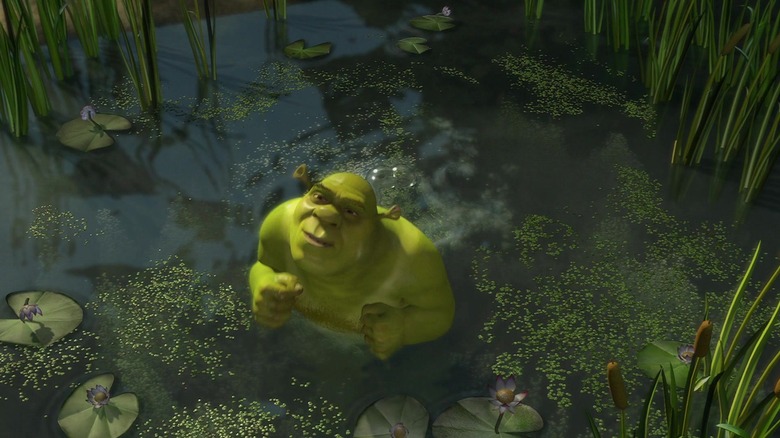a formidable player in mainstream animation as well, unveiling “Antz” and “The Prince of Egypt” in the late months of 1998. 2000 was also a good year for its animation department, with DreamWorks releasing both “The Road to El Dorado” and Aardman Animations’ “Chicken Run.”
Then, in 2001, DreamWorks Animation released “Shrek,” a pointedly anti-Disney satire based on the picture book by William Steig. “Shrek” featured endless cheeky send-ups of fairy tales, and audiences ate it up. The first “Shrek” was a huge box office hit and spawned a massive entertainment franchise that lasts to this day. Indeed, a whole generation has grown up watching “Shrek,” and its many sequels are now considered classics. The property became so lucrative that Disney itself started to imitate its satire, as the studio’s own “Frozen” had some of the same anti-Disney sentiment that “Shrek” wrought.
No one could have predicted just how popular “Shrek” would become, least of all the higher-ups at DreamWorks. Indeed, according to Nicole LaPorte’s book “The Men Who Would be King: An Almost Epic Tale of Moguls, Movies and a Company Called DreamWorks,” “Shrek” was, once upon a time, considered a punishment by the studio. The hot ticket production in the late 1990s was “The Prince of Egypt.” If you messed something up while animating that film, the DreamWorks honchos would demote you down to the “Shrek” production. There’s certainly an irony to that, as “Shrek” made far more money than “The Prince of Egypt” ever did.



